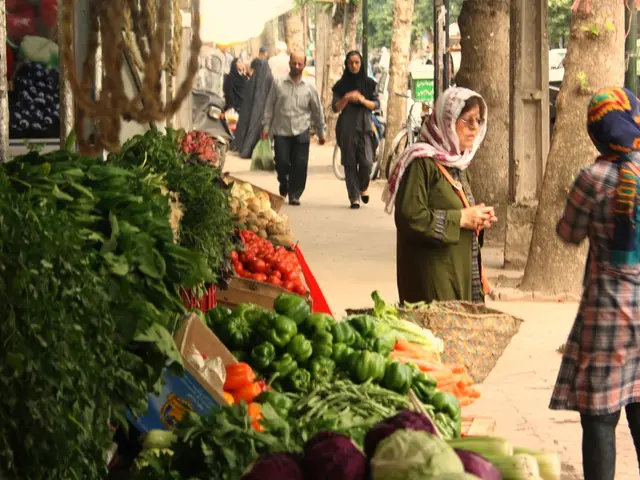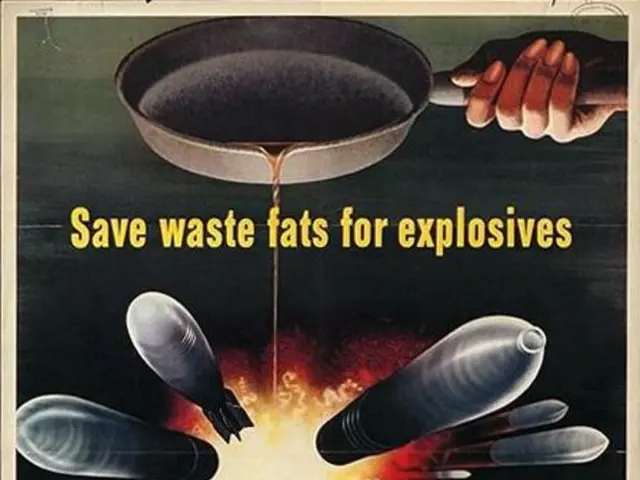Germany Streamlines Regulations: ID Card Cost Up, Digital Infrastructure Speeds Up
The German government has announced a series of changes aimed at streamlining regulations and reducing burdens on businesses and citizens. The cabinet meeting on Wednesday marked the beginning of these efforts, led by Federal Minister for Digital and Administrative Modernization, Karsten Wildberger.
One of the key changes involves identity cards. The cost will increase from €37 to €46, partly due to new digital photo standards and a special role for the Bundesdruckerei. Meanwhile, the government plans to regularly review and report on progress towards its targets, ensuring transparency.
In the digital realm, fiber-optic rollouts and mobile phone masts will be treated as approved if no objections are raised within a set deadline. This move aims to expedite infrastructure development. Additionally, the Energy Efficiency Act will align with EU directives, ending the practice of gold-plating and affecting business' energy consumption and waste heat restrictions.
The requirement for safety officers will rise from 20 to 250 employees, potentially eliminating the need for up to 123,000 safety officers. Furthermore, the compressed air officer position under Section 18 of the Compressed Air Ordinance is set to be abolished.
DE-Mail will officially end, with the last provider, Francotyp-Postalia Digital Business Solutions, ceasing operations.
The government's goal is to cut bureaucratic costs by €16 billion and reduce compliance burdens on businesses by at least €10 billion. These changes, starting with the cabinet meeting on Wednesday, are part of a broader effort to improve administration and lessen the load on businesses and citizens.
Read also:
- Federal Funding Supports Increase in Family Medicine Residency Program, Focusing on Rural Health Developments
- Potential Role of DHA in Shielding the Brain from Saturated Fats?
- Alternative Gentle Retinoid: Exploring Bakuchiol Salicylate for Sensitive Skin
- Hanoi initiates a trial program for rabies control, along with efforts to facilitate the transition from the dog and cat meat trade industry.







